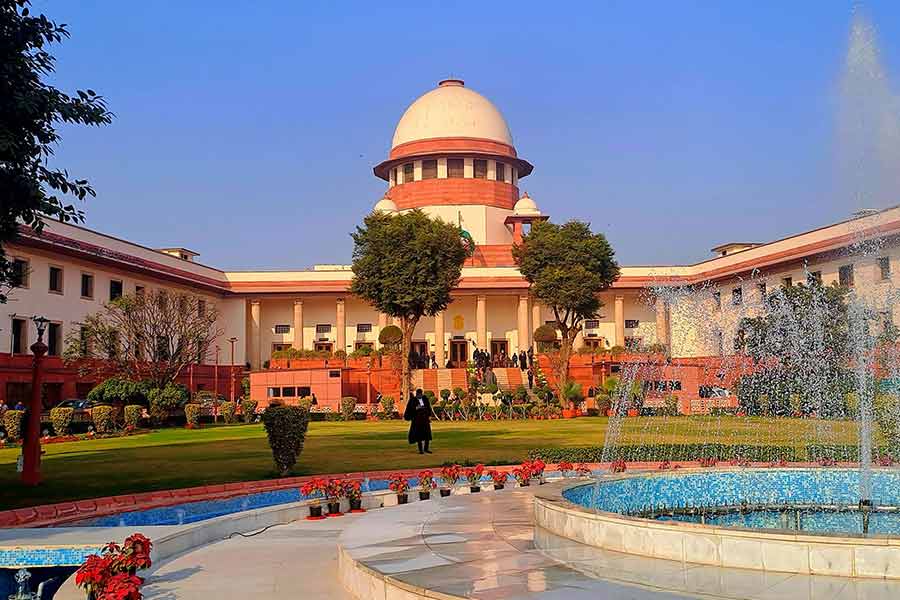For many years, the vicious cycle has spun: Websites solicit lurid, unverified complaints about supposed cheaters, sexual predators, deadbeats and scammers. People slander their enemies. The anonymous posts appear high in Google results for the names of victims. Then the websites charge the victims thousands of dollars to take the posts down.
This circle of slander has been lucrative for the websites and middlemen — and devastating for victims. Now Google is trying to break the loop.
The company plans to change its search algorithm to prevent websites, which operate under domains like BadGirlReport.date and PredatorsAlert.us, from appearing in the list of results when someone searches for a person’s name.
Google also recently created a new concept it calls “known victims”. When people report to the company that they have been attacked on sites that charge to remove posts, Google will automatically suppress similar content when their names are searched for.
“Known victims” also includes people whose nude photos have been published online without their consent, allowing them to request suppression of explicit results for their names. The changes — some already made by Google — are a response to recent New York Times articles documenting how the slander industry preys on victims.
“I doubt it will be a perfect solution, certainly not right off the bat. But I think it really should have a significant and positive impact,” said David Graff, Google’s vice-president for global policy and standards and trust and safety. “We can’t police the web, but we can be responsible citizens.”
That represents a momentous shift for victims of online slander. Google, which fields an estimated 90 per cent of global online search, historically resisted having human judgment play a role in its search engine, although it has bowed to mounting pressure in recent years to fight misinformation and abuse.











